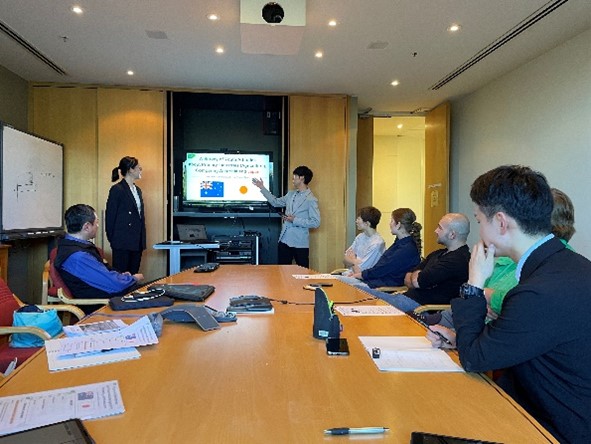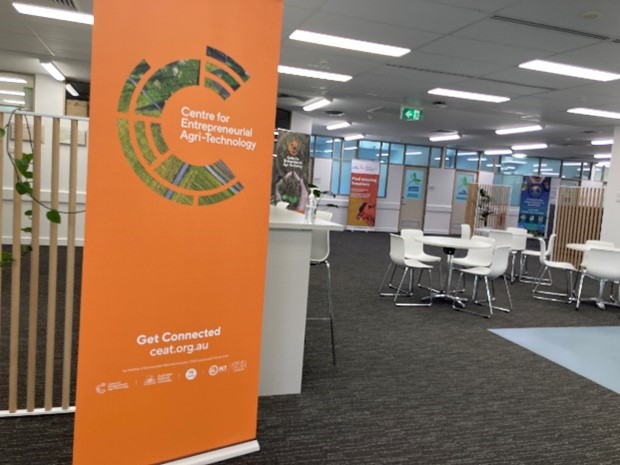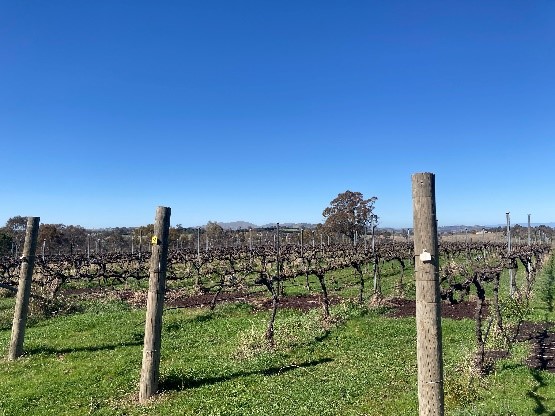2023 KIP Project"A Survey of Youth Attitudes about Agriculture and other Primary Industries Comparing Australia and Japan"
【Continuity with the 2022 KIP Project】
In 2022, we focused on the theme of youth community through food and found that eating together plays an important role in creating a place for young people. However, various issues related to food have been pointed out in Japan to begin with. In order to have access to food for ourselves in the future, we identified the "shortage of workers in the primary industry" as one of the most pressing issues. Therefore, we have launched this project with the purpose of identifying the difficulties for young people to get involved and change their impressions of food production.
【Research Methods】
1. Questionnaire survey of youth in Japan and Australia
How can we make young people, who will be the next generation of food production, want to be involved in the primary industry? We first conducted a questionnaire survey of 1,000 young people in Japan to find out them attitudes. The survey was conducted from the following three main perspectives.
(1) Young people’s impression of the primary industry
(2) Young people’s perception of primary industry as a future option and occupation
(3) Relationship between primary industry and social problems perceived by young people
For example, we found that "Many young people consider the primary industry to be hard work," “Many young people want to be involved in agriculture as a hobby," etc from the survey in Japan.
Australian questionnaires told us that “Many people think that farming is hard work, as in Japan,” and that “Those who have received agricultural education are more likely to want to be involved in agriculture than those who have not received”. For instance, there were the responsces like “I want to grow crops for self-sufficiency due to concerns about climate change”.
Although the results of the Japan-Australia survey are still being analyzed, the findings are important for considering the future relationship between young people and agriculture.
2. Interviews with Australian farmers, livestock producers, and policy makers
In this summer, KIP project team visited various companies, non-profit organizations, universities, farms, and governmental organizations in Australia to think of ways to increase the involvement of young people in Japanese agriculture, by refering to Australian agriculture. First, we found differences as well as similarities between Australian and Japanese agriculture. In Australia, there is a tendency to increase competitiveness by buying neighboring land and expanding the scale of farmlands. In addition, agriculture is recognized as a profitable industry which support Australian economy. These features are very different from Japan, where most of the farms are small-scale ones run by elderly peopl. At the same time, however, we saw some similarities. For example, the number of young people who want to work in agriculture is decreasing due to the burden on mental health and the impact of climate change. As a solution to this problem, Australia is trying to improve productivity even with a small farm population. In addition, there is a strong desire among young people to get involved in agriculture-related industries other than farming. Second, we econfirmed that Australia has a wide variety of occupations related to agriculture. We saw many examples of young people being engaged in fields that, at first glance, do not seem to be related to agriculture, such as data analysis, economics, and social infrastructure. Third, Australia has many “coordinator” organizations that link farmers and government, or farms and technology. Fourth, when we learned through interaction with those who work for the government but are farmers at the same time, and those who has quit their previous jobs and found fulfillment in farming, that for Australians, farming is not just a job, but a way of life. This is a way of thinking which is close to absent among young people in Japan, but it is important.


At the University of Sydney, KIP gave a presentation on the results of the survey in Japan, we talked with students about Australian agriculture and soil research at the university.

We interviewed about the challenges and solutions in introducing agri-tech to the agricultural sector at The Centre for Entrepreneurial Agri-Technology (CEAT) in the Australian National University.

We also visited a wineyard run by a man who originally worked for an IT company.
3. Surveys in Japan
By December, based on what we have learned in Australia, we will do interviews with the farmers and agricultural fields in Japan. In addition, we are going to conducte another survey of Japanese youth and literature research on previous studies related to this topic and advanced agriculture. Finally, we plan to share our learnings, based on the knowledge gained from interviews, lectures, discussions, and farm tours.


